April 14, 2025 | 01:08 GMT +7
April 14, 2025 | 01:08 GMT +7
Hotline: 0913.378.918
April 14, 2025 | 01:08 GMT +7
Hotline: 0913.378.918
The Netherlands is Vietnam's second-largest trading partner in the EU in terms of trade in agricultural, forestry, and fishery products. The successes and failures of this country’s development model can be lessons for Vietnam in the field of climate change, hydrology, urbanization, and the critical role of agriculture in the economy.
The Mekong Delta has always played an essential role in the cooperation program between the two countries. In 2010, the two countries signed a Strategic Partnership Agreement on Climate Change Adaptation and Water Management. These agreements have created the basis for future cooperation between the two countries on agricultural transformation in the Mekong Delta.
According to Dutch experts, most of the area in the Mekong Delta served agricultural, forestry, and fishery production, accounting for 84%. Urban areas contribute only 2.5% to the total land area. The region is promoting the implementation of planning and transforming toward an agricultural economy. The formation of specific and concentrated agro-product focal centers is the starting point for development.
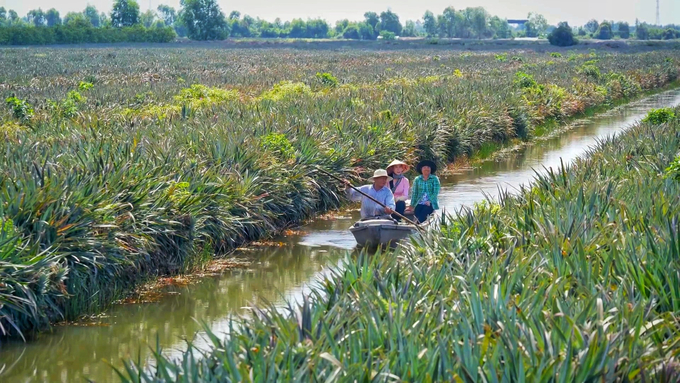
Most of the area in the Mekong Delta is used for agricultural, forestry, and fishery production. Photo: Kim Anh.
Netherlands has built the Metropolitan Food Cluster (MFC), a network in which and around a municipality has a combination of 3 centers, including rural transformation, an agricultural park, and a gathering center.
Inside the rural transformation centers, agricultural products such as rice, vegetables, traditional livestock products, and aquaculture… will be collected, packed, and transported synchronously to agricultural parks or gathering centers. Moreover, this rural transformation center also plays the role of "nucleus" in facilitating the transition from traditional to modern agriculture.
Agricultural parks are clusters of production and product processing. Concentration centers will undertake the redistribution of synchronous product batches following the different requirements of partners. This model contributes to the efficient use of resources and brings the product directly to the customer.
According to Mr. Christoph Prommersberger, Deputy Head of the Delegation of the Embassy of the Kingdom of the Netherlands, The Mekong Delta region has many similarities and is likely to develop agro-product focal centers similar to the Metropolitan Food Cluster (MFC) of the Netherlands.
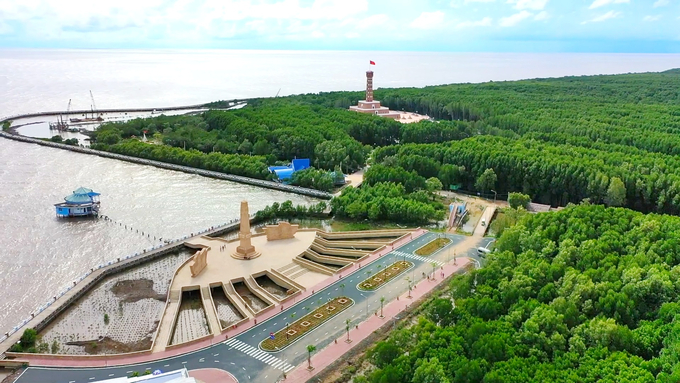
The Mekong Delta region has many similarities with the model of the Urban Food Center (MFC) of the Netherlands. Photo: Kim Anh.
In a quick study report on the focal point of agricultural products in the Mekong Delta, experts from the Netherlands have identified 12 focal centers in the region with their characteristics and functions. In particular, the agro-product focal center of Can Tho city will play the role of general administration in the management, exchange, training, research, development, and technology transfer of high-quality products, covering the entire Mekong Delta region.
The main agro-products in Ben Tre are coconuts, fruits, and vegetables. Dong Thap province, especially in Cao Lanh district, will be the center of concentration of fruit trees, flowers, vegetables, and freshwater aquaculture, mainly in rural areas.
For An Giang province, experts from the Netherlands also pointed out that Long Xuyen city will be the center for two main agro-products: rice and seafood. Kien Giang province has Rach Gia city, a city with strengths in aquaculture combined with tourism, security, and defense.
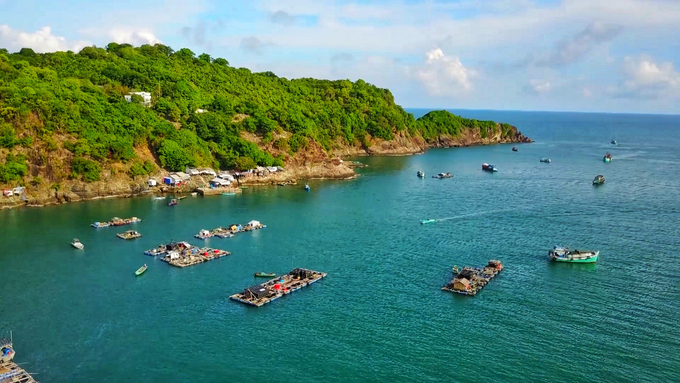
Kien Giang province is a locality with strengths in aquaculture combined with tourism. The Netherlands’ experts identify the region as one of the 12 focal centers of agricultural products in the Mekong Delta. Photo: Kim Anh.
Hau Giang province will be the center of the collection, preliminary processing, and logistics support. At the end point of the country, Ca Mau province needs to focus on the agricultural economy associated with national defense and security and saltwater aquaculture. The last agro-product center in the region is located in Soc Trang province. The area will be the center of fishing, sorting, and seafood preliminary processing.
In addition, Tien Giang, Vinh Long, Tra Vinh, and Long An provinces can also consider establishing agricultural parks like the current practice of the Kingdom of the Netherlands. In comparison with the Netherlands’ Metropolitan Food Cluster (MFC) model, the above 12 centers can be called rural transformation centers. These centers are selected based on the criteria that they are located adjacent to the production area and concentrate on a large enough scale of agro-products.
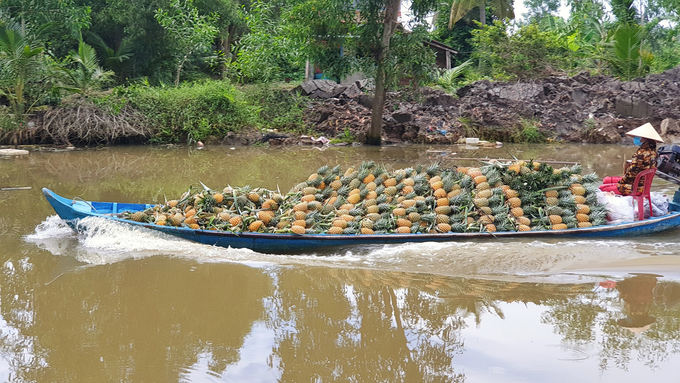
The focal centers of agricultural products in the Mekong Delta are selected based on these criteria: they are adjacent to the production area, focusing on large-scale agro-products. Photo: Kim Anh.
Moreover, accessibility by road or waterway is also favorable. Finally, the center is near a densely populated area, with high-tech workers and necessary support services. The agro-product focal center in Can Tho City will be a central point in the Mekong Delta region.
At the same time, experts emphasized that Vietnam’s agricultural transformation is happening in the right direction. There is no other choice but to modernize agriculture to supply the domestic and export markets. Urban consumers have a demand for good quality food at affordable prices and following sustainable development standards. Workers in the agricultural sector require good working conditions and income. Domestic agriculture needs to adapt to this demand or imports will replace it.
Therefore, the sharing and perspectives from the Netherlands’ experts are considered suggestions for the development of agro-product focal centers in Vietnam.
Translated by Hoang Duy
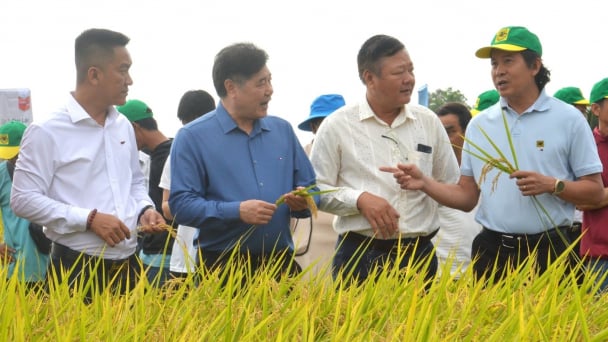
(VAN) The results from pilot fields are catalyzing the expansion of the One million hectares of high-quality, low-emission rice project in Kien Giang.
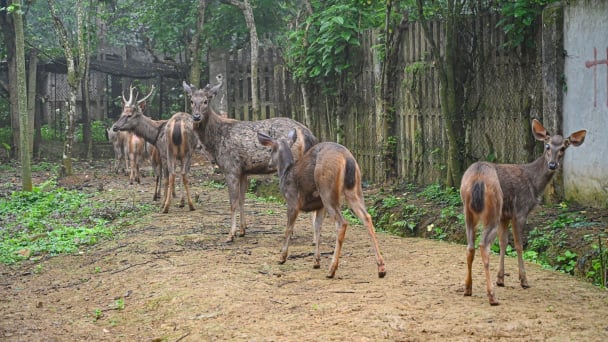
(VAN) On the morning of April 11, Cuc Phuong National Park received 18 individuals of endangered and rare wild animals from Da Nang city.
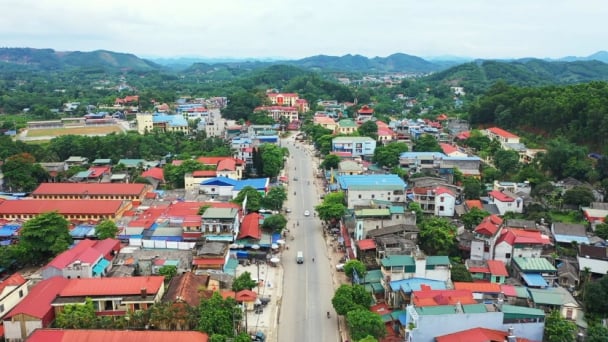
(VAN) FAO supports Vietnam in enhancing survey sampling techniques for the 2025 nationwide agricultural and rural census.

(VAN) By participating in the green transition, manufacturers become an indispensable part of the circular economy, contributing to resource optimization and environmental protection.
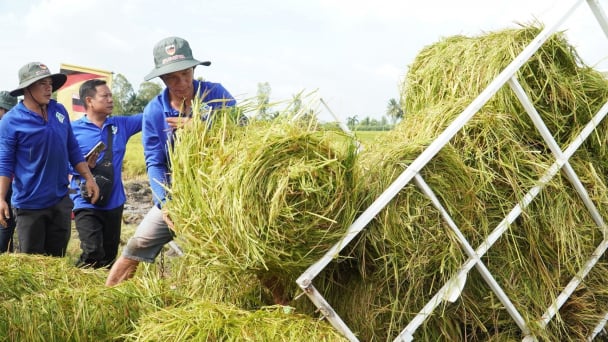
(VAN) The One Million Hectares of High-Quality and Low-Emission Rice Program can generate nearly 14 million tons of straw annually, posing an urgent requirement to diversify straw-based products.
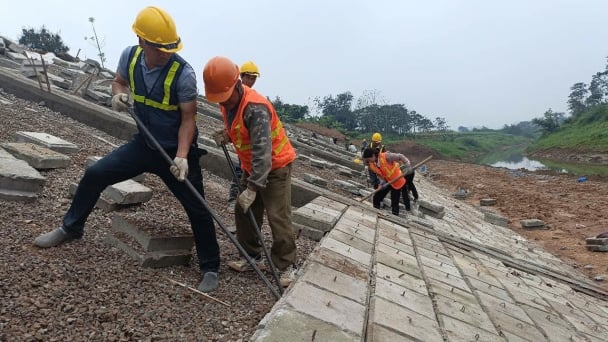
(VAN) This figure was recently announced at a conference held in Yen Bai, focusing on climate-resilient infrastructure development for ethnic minority regions.
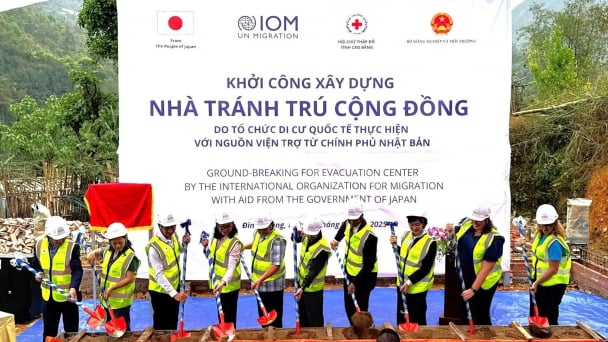
(VAN) The evacuation center is a practical work in efforts to respond to natural disasters and adapt to climate change in vulnerable areas.